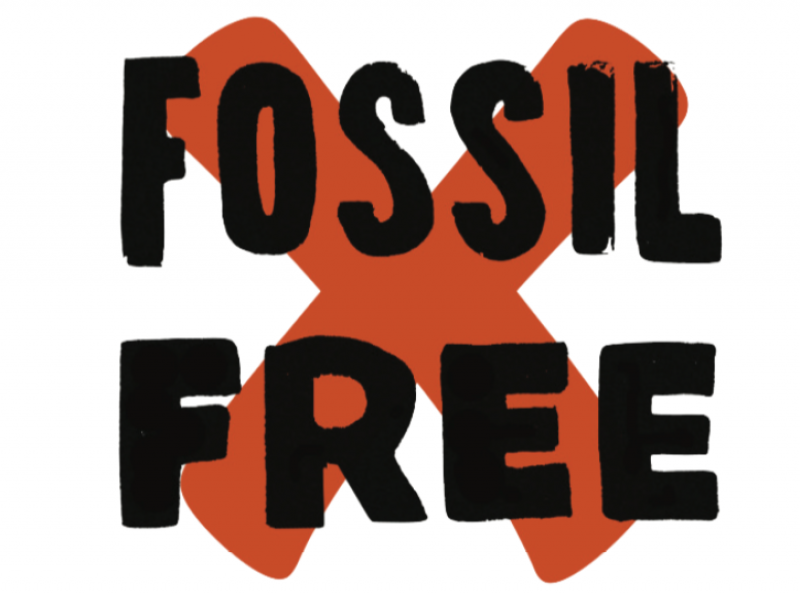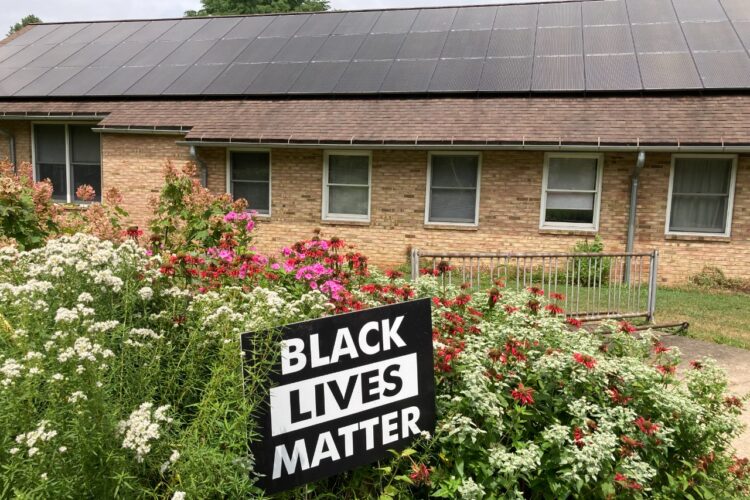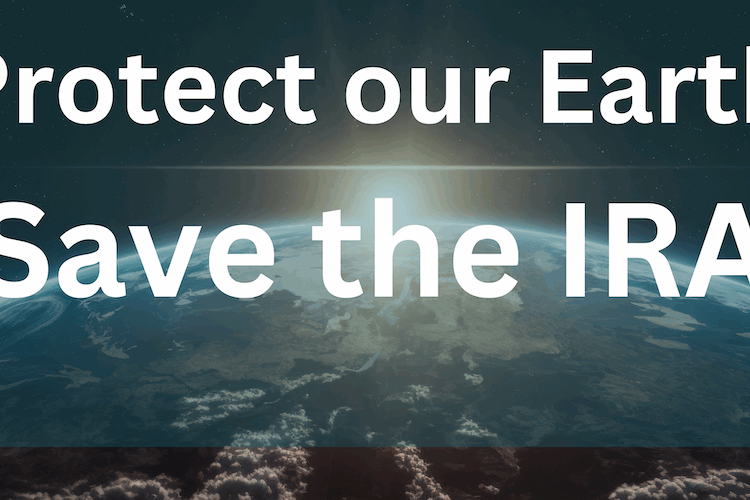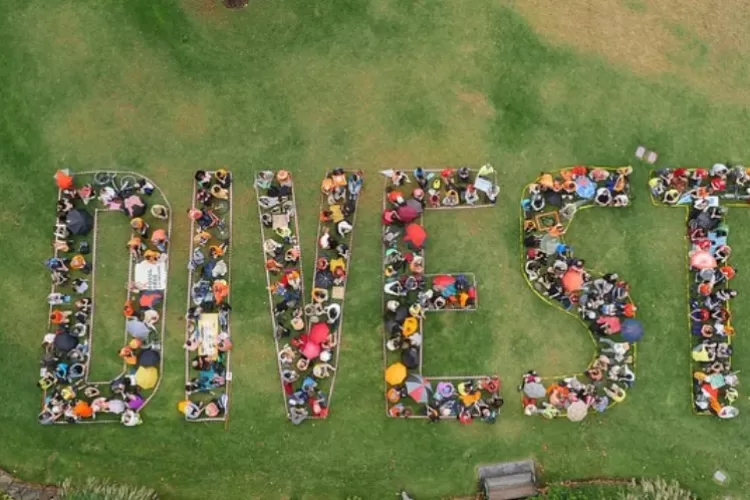Divestment as Lived Faith

Friends around the world are taking steps to make their lives reflect changes crucial to the survival of life on Earth. Many consider divesting from fossil fuels as one such step that is consistent with Quaker values and testimonies. Friends are not alone in this consideration; other religious denominations have divested, along with colleges, universities, foundations, and even city and county governments. How does divestment help us live our faith even as we continue to consume fossil fuels? Refusing to profit from an industry whose products are clearly destructive to God’s creation is an important act of conscience, but divestment is also a tool for non-violent social change. Our dependence on fossil fuels makes it difficult for us to completely boycott their use, but we can protest against the industries that extract, refine, or use them.
Fossil fuel divestment is the act of relinquishing financial investment in companies that are in the business of extracting, refining or generating electricity from fossil fuels. For some Friends, that means screening out the top 20 “carbon majors,” those companies responsible for more than a third of greenhouse gas emissions worldwide. For others it means avoiding the 200 largest owners of carbon reserves in the world, while still others may wish to avoid all companies that produce, refine, sell, or even transport fossil fuels.
Divestment is not an “all or nothing” proposition. Individual Friends may not be able to control the investments in their retirement plans, for example. Ultimately divestment’s power for social change comes from the attention it brings to the issue of climate justice and the consciousness it raises along the way. There are simple ways to magnify the impact of your individual or meeting’s conscientious act of divestment.
This article is part of our Pamphlets for Sharing series produced by QEW’s Publications Committee. Download the PDF here or order print copies by emailing info@quakerearthcare.org.
Friends’ History of Ethical Investing
Friends have a long tradition of ethical investing and aligning our testimonies with our finances, understanding that how we direct our resources is a moral choice. In fact, Wikipedia notes: “the origins of socially responsible investing may date back to the Religious Society of Friends (Quakers).” Being good stewards in God’s world calls on us to examine the ways in which our testimonies interact to guide our relationships with all areas of life, including finances. Without that clarity of financial intention, the money flowing through our lives can become fuel for human suffering and environmental destruction.
Divestment and Quaker Testimonies
No reasonable person today denies the relationship between the burning of fossil fuels and climate change. Here are some of the areas where profiting from the fossil fuel industry is incompatible with Friends’ testimonies:
- Environmental stewardship. God calls upon us to care for all creation. Fossil fuel emissions threaten life for people around the world, and for plants, animals, seas, skies, and ecological systems.
- Violence and suffering are direct consequences of climate change. Competition for scarce arable land and other natural resources is already leading to increased conflict and war.
- Truth/Integrity. Fossil fuel companies have polluted the public discourse with dishonesty about the effects of climate change and with disinformation aimed at creating climate change denial.
- Fossil fuel companies’ huge financial contributions to elected officials undermine our democracy and thus the equality of all citizens. Friends hold deep concern for the disproportionate impact climate change is having on children, the elderly, those living in poverty, and future generations. Those who suffer most are often least responsible for the emissions of greenhouse gases.
O that we who declare against wars, and acknowledge our trust to be in God only, may walk in the light, and thereby examine our foundation and motives in holding great estates! May we look upon our treasures, the furniture in our houses, and our garments, and try whether the seeds of war have nourishment in these our possessions.
—John Woolman, c.1770
Divestment Basics
Divestment is an organized movement as well as an individual act of conscience. The organization 350.org and its subsidiary gofossilfree.org have led this movement, serving as a central resource for divestment news and tools, and maintaining a registry for individuals and organizations making the commitment to divest. The three elements they consider as part of a divestment commitment are:
- An immediate freeze on any new investment in fossil fuel companies
- Divesting from direct ownership and any commingled funds that include fossil fuel publicly traded equities and corporate bonds within 5 years.
- Reinvesting as appropriate in clean energy technology.
Search the organization list at gofossilfree.org/divestment/commitments with the word “Quaker” to find other Meetings or Friends organizations that have made the commitment and consider contacting them about their divestment experience.
First Steps for Friends’ Communities (Adapted from Philadelphia Yearly Meeting, EcoJustice Collaborative)
As you open to more light about this issue in your Friends Meeting or group, we suggest the discernment process include opportunities to:
- Become familiar with the most recent climate data and information regarding fossil fuel reserves to understand the urgency of action.
- Consider your testimonies and review where your funds are invested. Do your current investments reflect your testimonies and principles?
- Consider where to begin the conversation (Finance, Social Concerns, Earthcare, Business Meeting, etc.).
- Ground your reflections and worship in testimonies and previous minutes.
- Understand the financial need of your Meeting or organization and seek a transition that will continue to meet its needs. Recognize that aligning investments with your values can occasion the need for sacrifice.
- Consider options for reinvestment that meet your values.
- Minute your concern and decision.
- Divestment is most impactful as a public act. Share your minute and decision with the wider community, QEW, and your elected officials as appropriate.
- Follow up on the decision.
- Consider other witness opportunities.
Possible Queries for Worship Sharing
- In what ways do moral implications enter into the investments we make as Friends?
- How do Friends’ testimonies and queries provide spiritual guidance in the ways we invest our money?
- In what ways is our money invested for purposes we really support?
- Does our Meeting serve social, economic and environmental justice in its investments?
- What is our financial involvement in the fossil fuel industry? How are we led in regard to these investments?
- Is our commitment not to profit from investments in fossil-fuel businesses now a part of our Lived Faith, and are we ready to minute that commitment?
Thank you to Gayle Matson (Chico Friends Meeting, PacYM) for her work on this updated resource.


